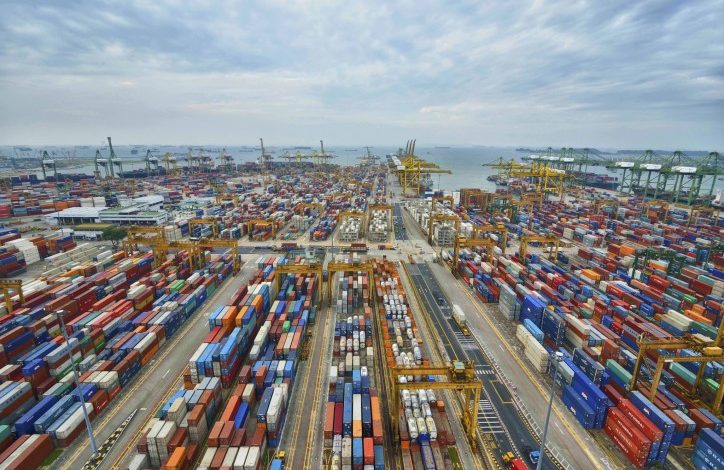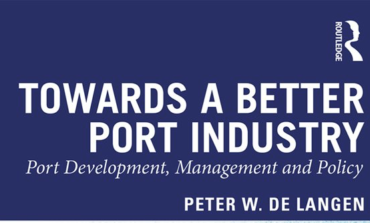 European Port Policy
European Port Policy

Peter de Langen
Dr. Peter de Langen is the owner and principal consultant of Ports & Logistics Advisory, based in Malaga, Spain and established in 2013. Peter de Langen is part-time professor at Copenhagen Business School and held a part-time position as professor Cargo Transport & Logistics, at Eindhoven University of Technology, from 2009 to 2016, From 2007 to 2013, Peter worked at Port of Rotterdam Authority (PoR), department Corporate Strategy as senior advisor. From 1997 to 2007, he worked at Erasmus University Rotterdam (EUR). Peter is co-director of the knowledge dissemination platform www.porteconomics.eu, co-organiser of conferences and training events and regular speaker at industry conferences on ports and shipping.
Author's Posts
 European Port Policy
European Port Policy

















